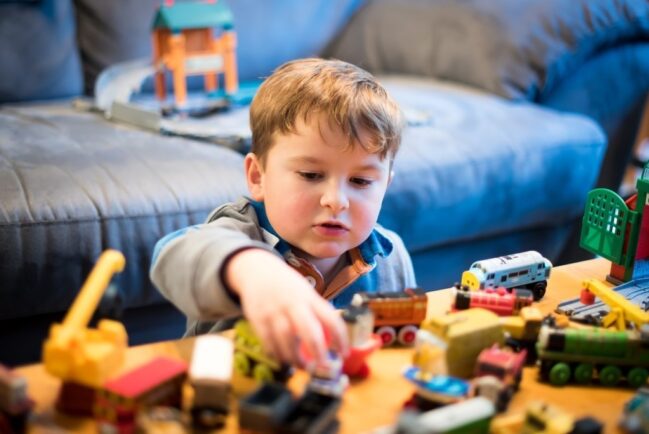Blog
What Is Attention Deficit Hyperactivity Disorder?
February 6, 2019
3 minutes, 4 seconds
This article explains what ADHD is, different types of ADHD, living with ADHD and counselling for ADHD.

What is ADHD?
ADHD is a behavioural disorder that includes symptoms such as inattentiveness, hyperactivity and impulsiveness.
Symptoms tend to be noticed at an early age and may become more noticeable when a child’s circumstances change, such as changing school or moving to a new house. Most cases are diagnosed when they are aged 6-12 years.
Symptoms usually improve with age, but adults diagnosed as children often have experiences of symptoms and problems into their adulthood.
People experiencing ADHD will often have additional problems such as sleep problems or anxiety disorders.
3 types of ADHD
- Predominantly inattentive presentation - more inattention seen.
- Predominantly hyperactive- impulsive - more hyperactivity and impulsiveness seen.
- Combined hyperactive- impulsiveness and inattentive - 6 or more symptoms are present from either category.
What causes ADHD?
Exact causes are unknown but the condition is seen to run in families. Research has also identified differences in the brains of people with ADHD and people without.
- Being born prematurely, before week 37 of pregnancy
- Low birth-weight
- Smoking or alcohol or drug use during pregnancy
ADHD can occur in any person of any intellectual ability. However, it is more common in people with learning difficulties.
Treatment for ADHD
There is no cure but it can be managed with appropriate educational support, advice and support for both parents and affected child, along with medication.
Medication called Ritalin is often the first treatment offered to adults with ADHD. Ritalin reduces impulsive behaviours.
Living with ADHD
Issues which may arise in day to day life include:
- Sleep problems
- Going to school/work
- Listening to or carrying out instructions
- Lack of organisation
- Relationship problems
- Social interactions (interpersonal skills)
Counselling for ADHD
There are different options that can be helpful for those with ADHD, which will also target other difficulties like anxiety or low mood.
Cognitive behaviour therapy
This is a talking therapy that helps manage problems by looking to change the way you think and behave. It can be useful for certain situations for children/ adults who have ADHD.
CBT can be made creative to help people with ADHD identity their emotions and then the behaviours that they carry out in certain situations. A CBT therapist may use colours to help an ADHD client identify emotions and they will also help them understand what each emotion means - as often people with ADHD will not be able to understand what anger means-, role play with puppets or figures may be used to illustrate behaviours and therefore finding better ways to cope in certain situations.
Behavioural therapy
This is used to provide support of parents and carers of children with ADHD. It can also involve other professionals (teachers). It aims to help with behaviour management, using reward systems, which in turn will help a child learn to manage their behaviours.
Training and education
If anyone you know has been diagnosed with ADHD, a GP will recommend certain programmes to help you understand the condition better.
Psycho education: it encourages you to talk to your child about ADHD and what it means and how they can learn to cope with it.
Parenting programmes: these aim to help parents learn different ways to talk and interact with their child and encourage better behaviours and attention.
Social skills training: using role play this aim to teach those with ADHD how to behave in social situations including to help them learn how their own behaves will affect others.
It is important to recognise that counselling can be adapted for someone with ADHD, it may take a more experienced therapist to carry it out but counselling is possible. The counselling process is slowed down dramatically, goals are formulated with what the client wishes to target.